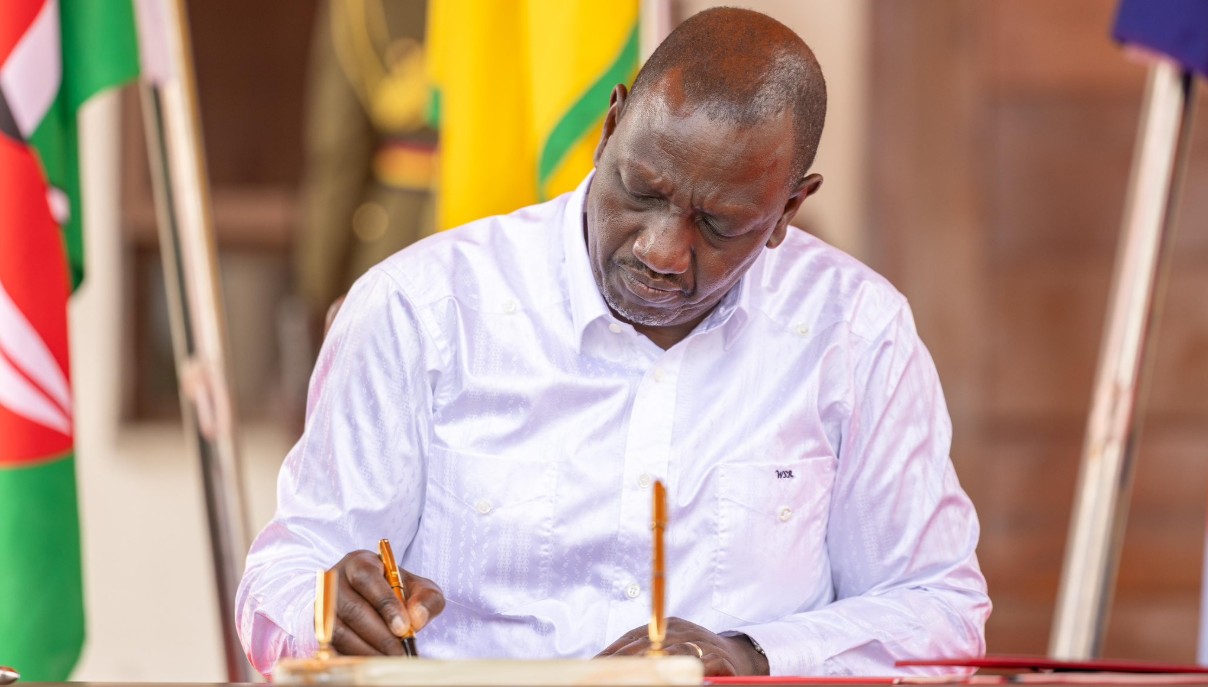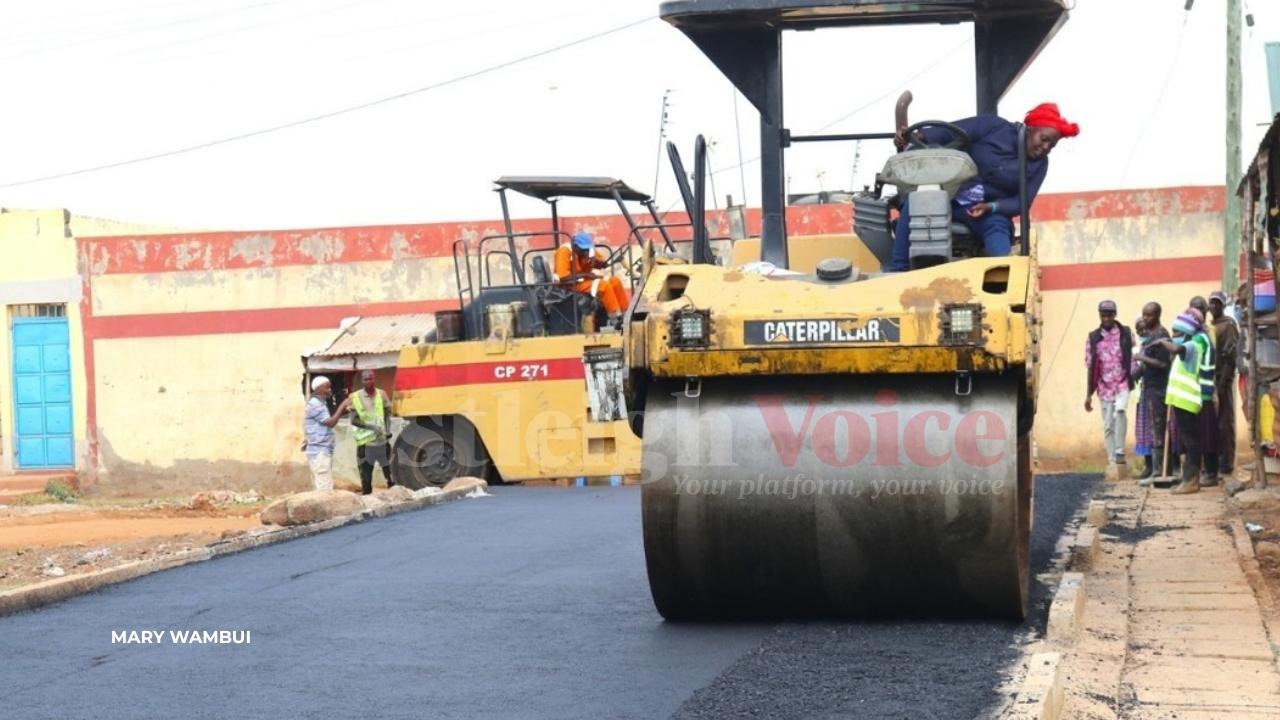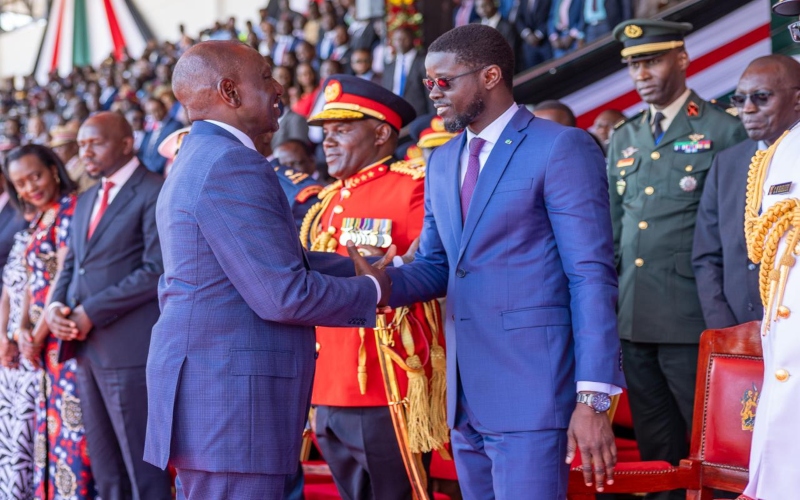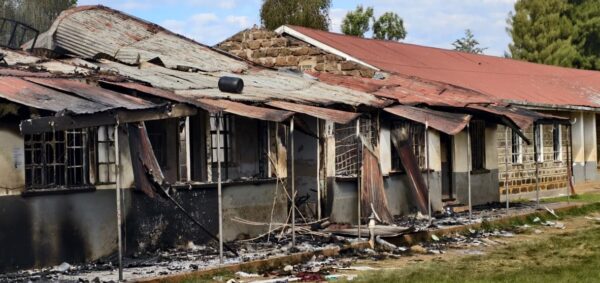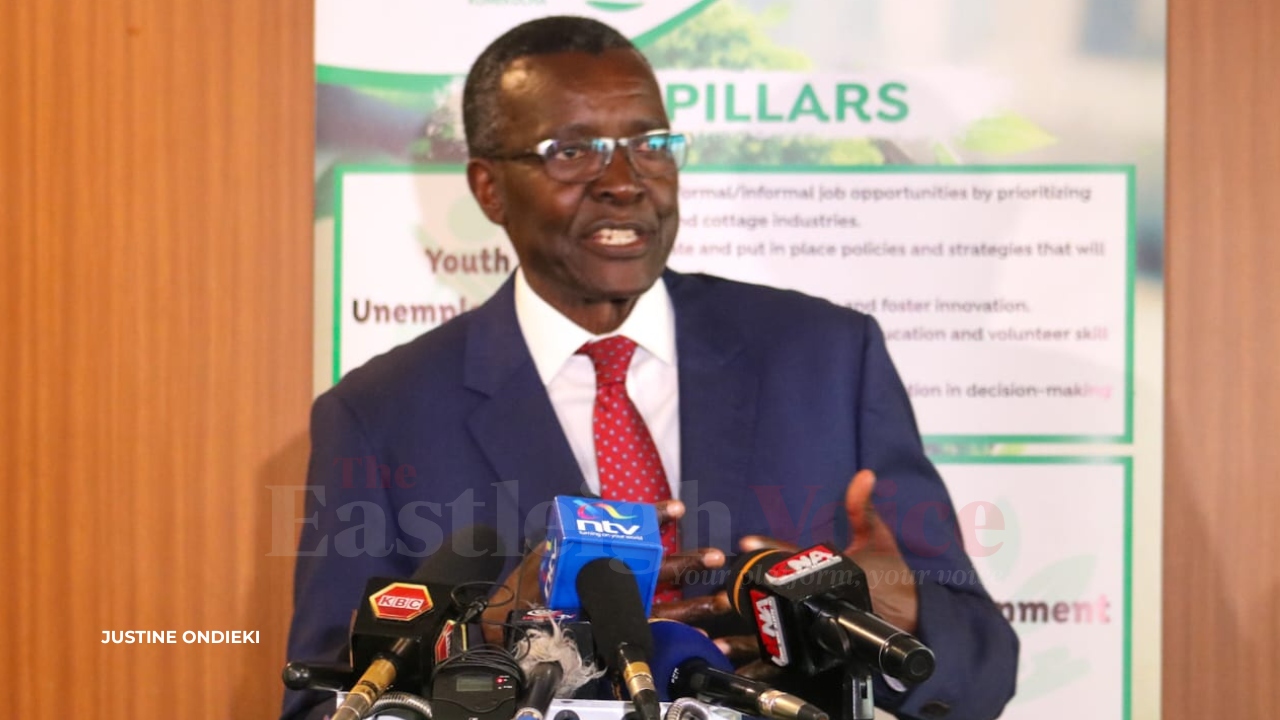State to introduce standardised rules for leasing public assets to boost revenue
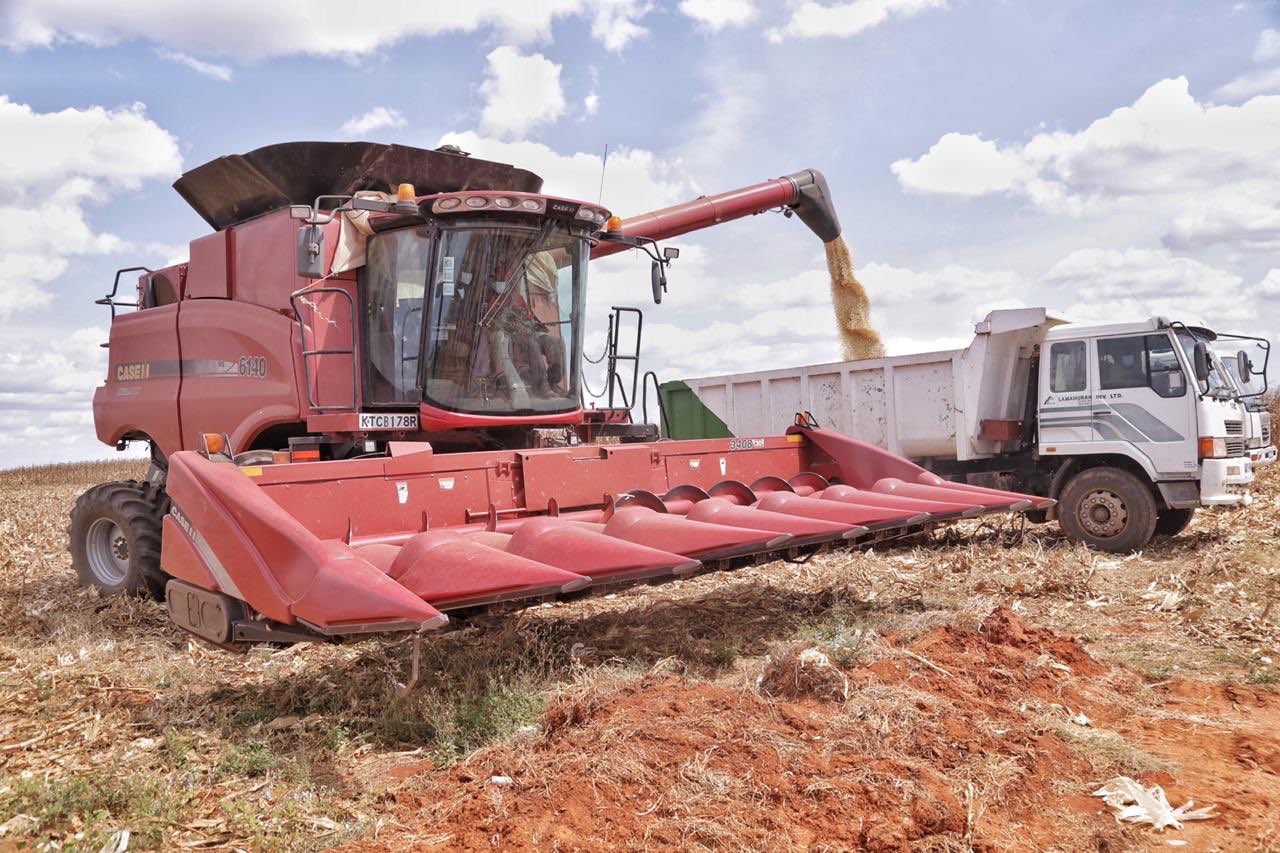
Kenya first adopted leasing as an alternative to outright asset acquisition, starting with vehicles to address resource gaps
The government will introduce new rules to streamline the leasing of assets such as land, vehicles, and other resources by ministries, departments, and other state agencies.
According to the National Treasury, the absence of a unified leasing framework has led to inconsistencies in national and county governments, undermining the potential revenue that could be generated from such ventures.
More To Read
- Kenya’s 2026/27 budget set at Sh4.65 trillion – Here’s what it means for you
- Treasury warns billions at risk as counties rely on third-party revenue systems
- Audit exposes civil servants’ mismanagement of millions in imprests across ministries
- Government’s increased revenue strategy faulted amid missed targets, public backlash
- Controller of Budget flags 16 counties for concealing true staff expenditures
- Bill proposes separate bank accounts for each State project to boost accountability
“To effectively and efficiently discharge its mandate, the government has adopted leasing as an alternative to asset acquisition in order to bridge the prevailing resource gaps and [provide] key resources, including land, to investors for capital investments. However, the absence of a standardised leasing framework has resulted in inconsistencies in leasing practices across ministries, departments, agencies, and county governments,” the Treasury said in its draft 2025 Budget Policy Statement.
“The National Treasury, therefore, is in the process of developing a comprehensive leasing framework that will provide clear, standardised guidelines and processes for the leasing of government assets across all public sector entities.”
Kenya first adopted leasing as an alternative to outright asset acquisition, starting with vehicles to address resource gaps. The practice was later expanded to include leasing government assets such as land and road reserves to investors in return for capital investments.
However, the lack of uniform guidelines has led various state agencies to enter lease arrangements using different criteria, which the Treasury now intends to rectify.
Vehicle leasing model
The Treasury has been a key player in the vehicle leasing model, which has successfully addressed issues such as fuel misuse, high maintenance costs, and vehicle obsolescence.
As part of the programme, the government has leased over 8,000 vehicles for essential public services, including provision for disciplined forces, field workers and ambulances.
The model has now been extended to leasing government-owned land for commercial ventures. For instance, the Ministry of Agriculture and Livestock Development has sought investors to lease 21,000 acres of idle land owned by the National Youth Service and the Tana and Athi Rivers Development Authority.
The initiative is part of a broader push to unlock economic value from underutilised public land, in line with the Agricultural Sector Transformation and Growth Strategy (2019-2029).
In addition to the 21,000 acres, the government is targeting the leasing of up to 500,000 acres of idle land under the Land Commercialisation Initiative (LCI), which aims to attract Sh65 billion in agricultural investments.
Among the parcels earmarked for leasing are 200 acres at Egerton University for an agro-science park, 10,000 acres at the Galana Kulalu irrigation scheme, and 25,000 acres at the Bura Irrigation Scheme
Other projects include 10,000 acres in the Tana Delta for rice production and 1,000 acres in Kiambere, Embu County, for fruit and vegetable farming.
Top Stories Today




